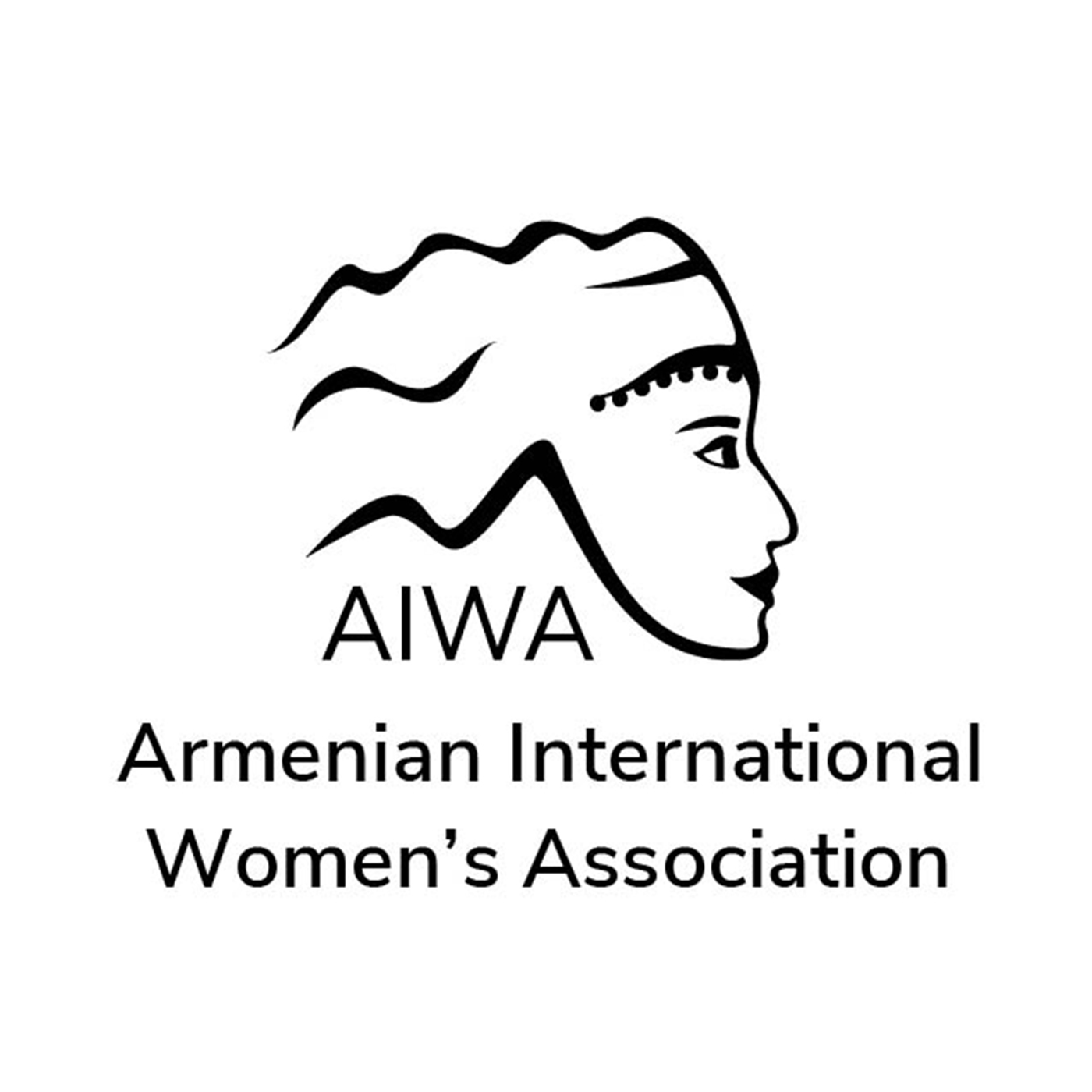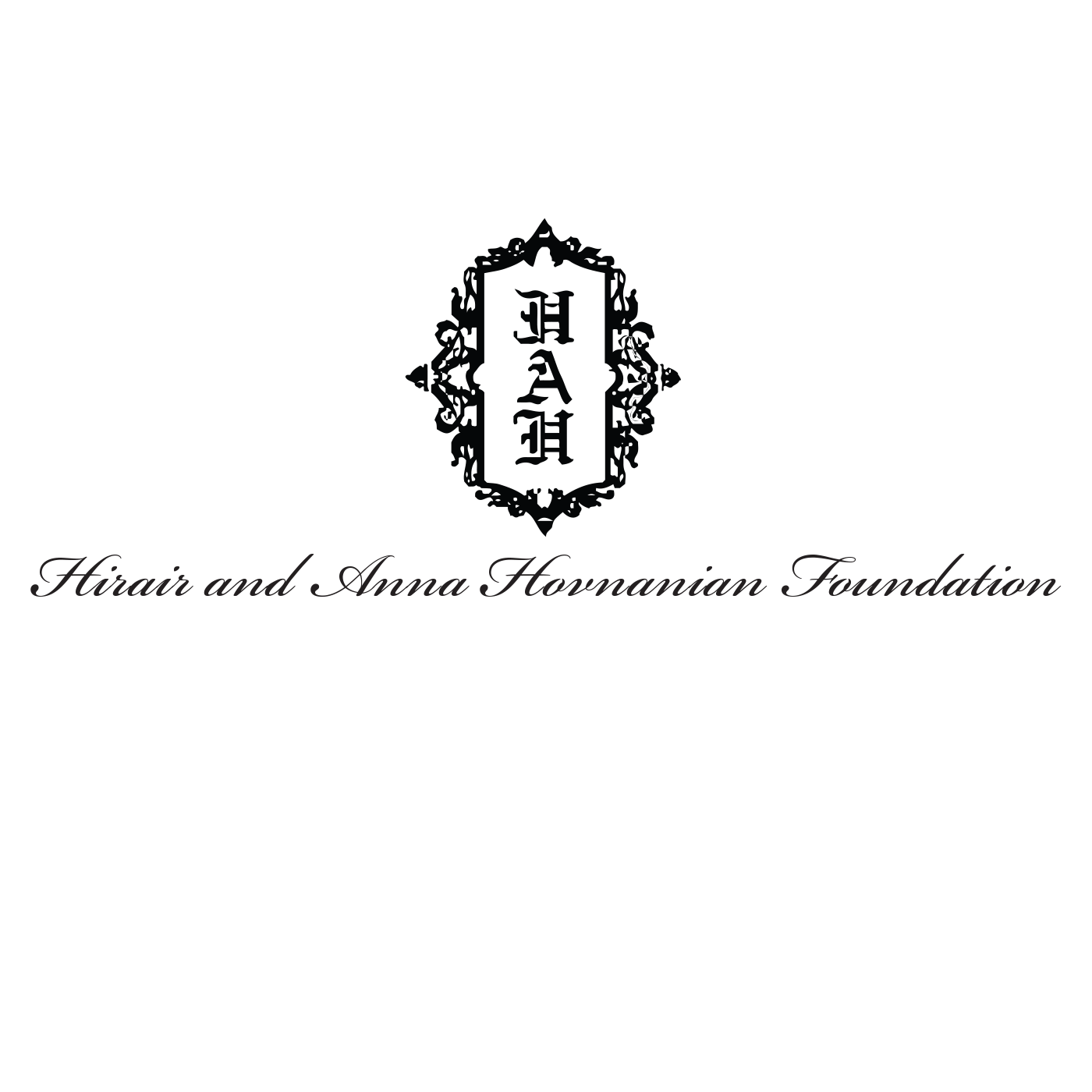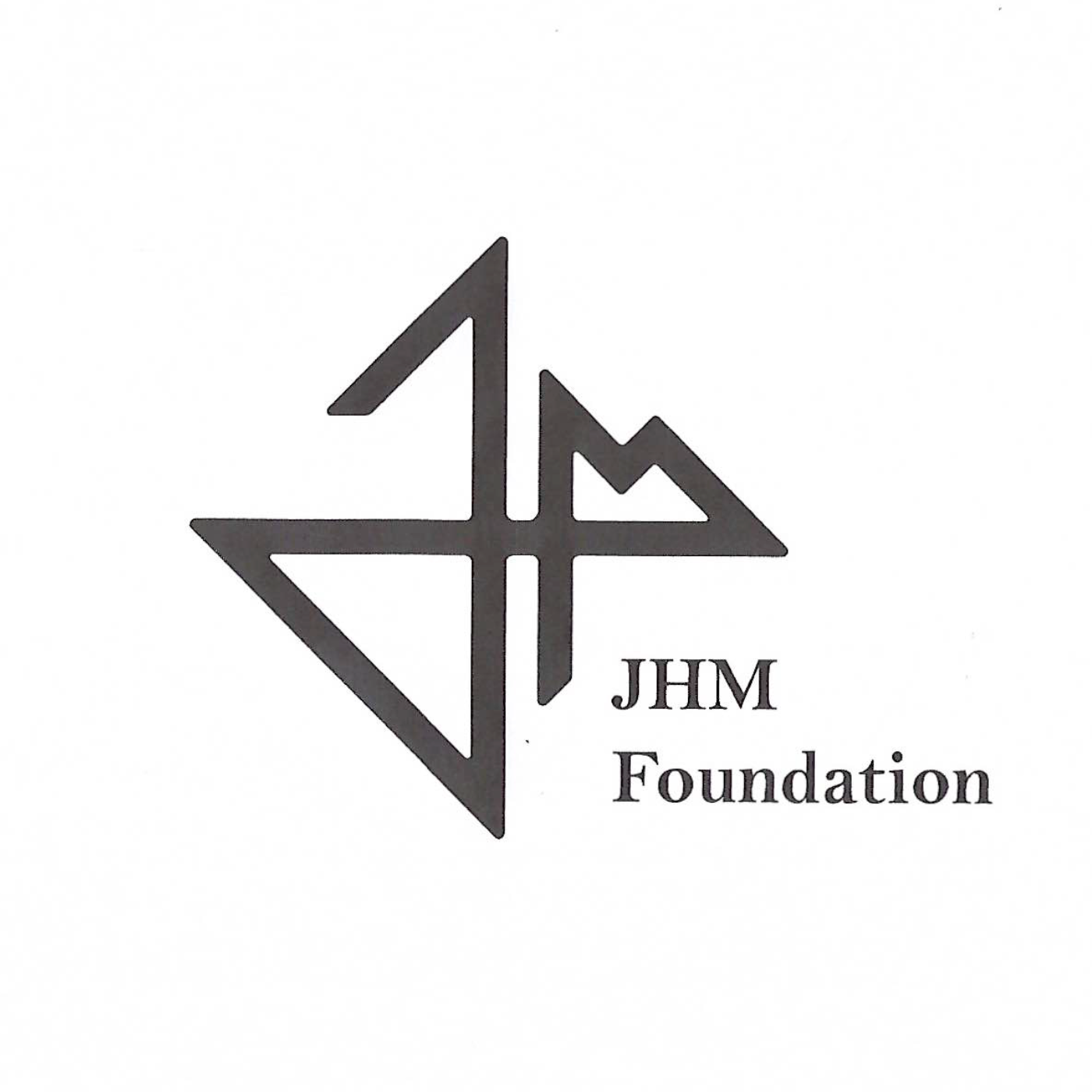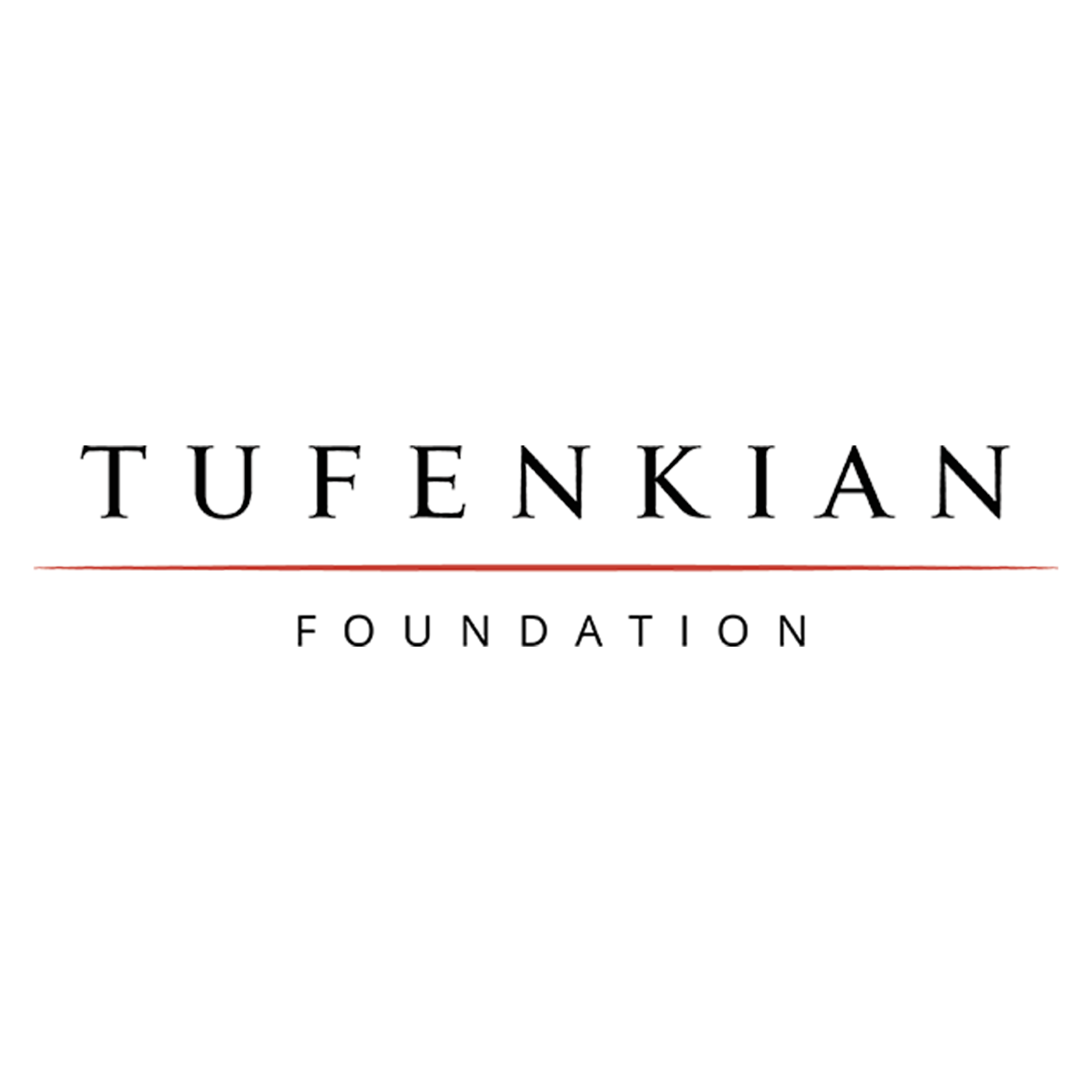About DV
Armenia is patriarchal society, meaning that traditional cultural beliefs usually place women in positions of less power than men.
In marriage, Armenian men are taught that they are ter, or master, while Armenian women are taught that she should be hnazand, or obedient, and that her most important role in society is as the "ojagh pahogh", or the one who takes care of the home and family.
This offers men agency to control and make decisions over the household including the woman, whose value is tied entirely to the home. Women are taught that to be a good Armenian wife, she must obey her husband; some people even believe that men should beat their wives if they disobey them. These dynamics encourage control and violence and make it very difficult for Armenian women to leave an abusive relationship. Children have often bought into these ideas as well and shame their mothers not to leave.
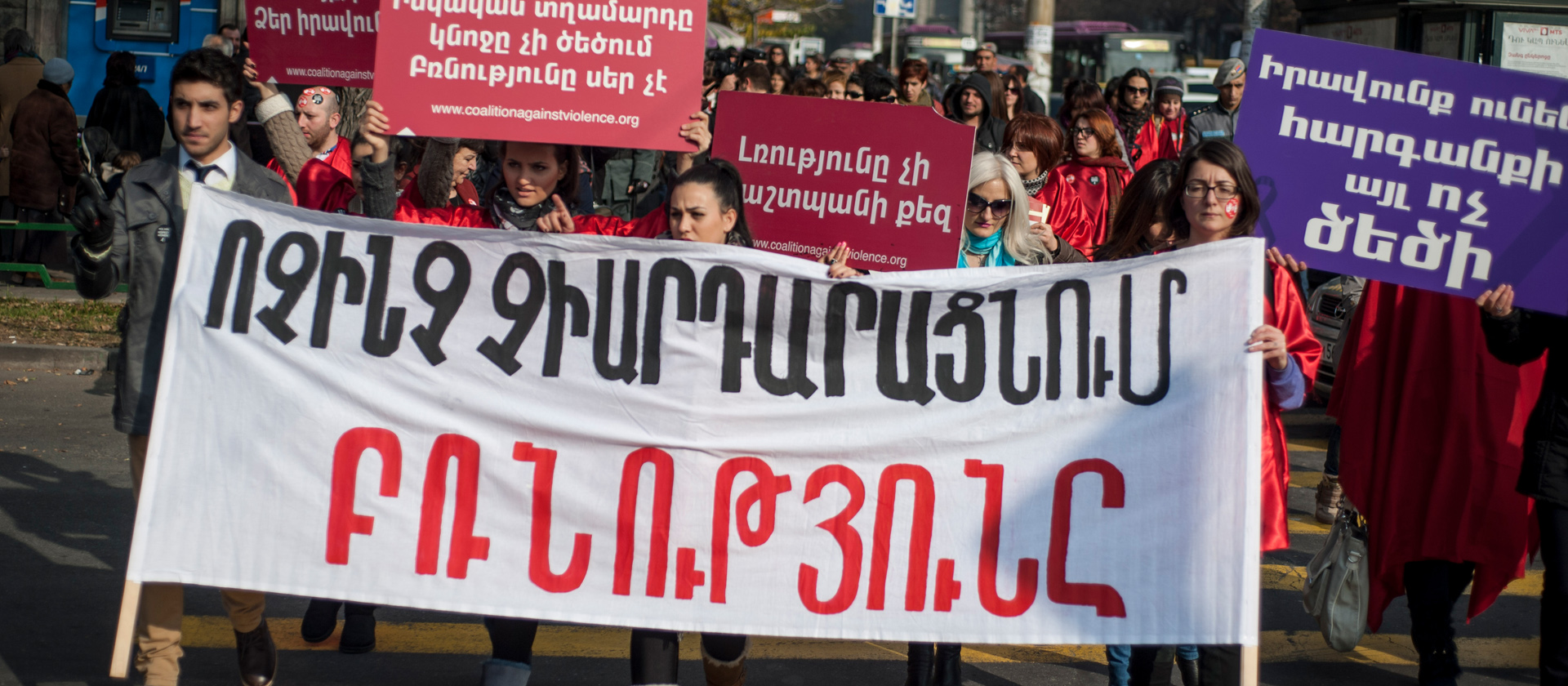
Sometimes controlling behaviors are learned from a very young age, where it is expected for boys in Armenian families to control the actions and whereabouts of his sisters and even sometimes his mother. Boys are given all rights and taught to be masters and authoritative.
Traditionally, when Armenian women get married, they move into their husband’s house. If abuse is present, this can compound her vulnerability, since she is in a new place surrounded by people who support her abuser and is already isolated from her family and friends. Respect for elders is highly valued in Armenia, and brides are expected to be submissive to the will of the mother-in-law who is supposed to know more and teach her how to run the household. However, we have seen that this power is sometimes manipulated by mothers-in-law who become emotionally, economically, and physically abusive towards their daughters-in-law.
In Soviet times, both husbands and wives worked, and there were free kindergartens for children; however, currently in Armenia, there is not enough available employment. It is expected that wives stay home to raise children while husbands work. This creates a dynamic where wives are financially dependent on their husbands. In cases where abuse is occurring, this may make it logistically impossible for her to leave.
It is considered amot, or shameful, to divorce/leave or discuss personal family problems with people outside of the family, which causes victims of domestic violence to be very reluctant to seek help even in very serious situations.
Domestic violence services in Armenia are a new concept, and there is little to no governmental or police support for services. For this reason, victims usually don’t even know that help exists or where to go or call if they need it.
Domestic violence (DV) is arguably among the most pressing social issues facing Armenia today. According to 2011 research by the OSCE (Organization for Security and Cooperation in Europe), an alarming 60% of respondents have been subjected to DV during their lifetimes, and nearly 40% had reported DV within the last two years at the time of the survey. From 2010-2018, 50 known cases of DV murder have been reported, and at least 58 children have been left without their mothers. (These figures are likely underestimates, as they fail to consider additional, unreported cases.) For a small population of roughly 3 million, these numbers are alarmingly high.

































